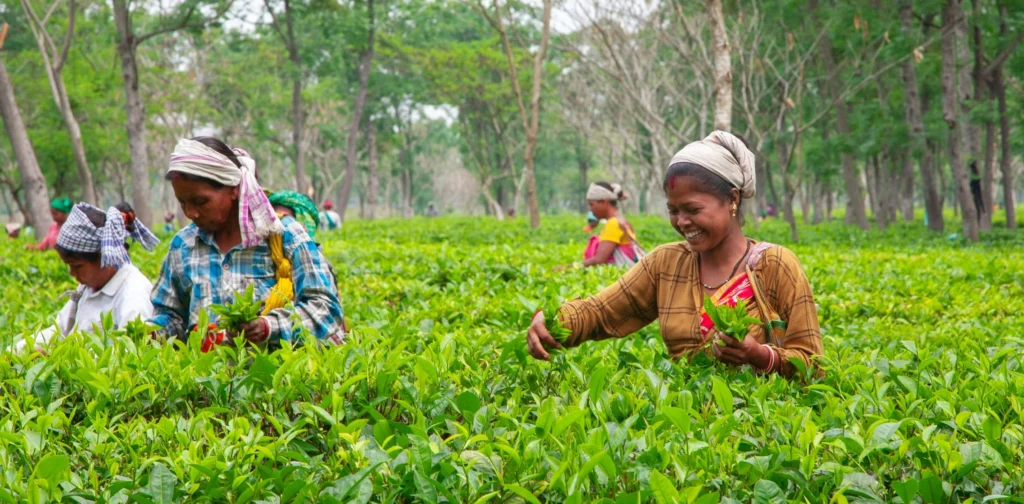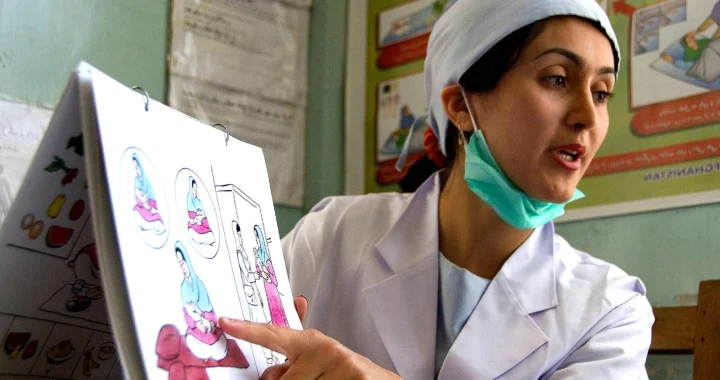The Rise of Local Permaculture Farming in India

Photo: Rohit Dey on Unsplash.
Profit-driven farming methods relying on chemicals and the effects of climate change are causing environmental pollution and economic risks. As small pockets of organic farming emerge in India, techniques such as permaculture are becoming popular among younger generations of farmers. This trend may signal a shift away from harmful practices toward a more sustainable agriculture.
The Price of the Green Revolution
The 1960s saw India’s “Green Revolution” and its turn towards agricultural innovation with the adoption of new farming strategies. Those included using high doses of chemical fertilizers, switching to more profitable crops, and investing in irrigation infrastructure. A combination of policies and collaborations among domestic and international scientists led to a profitable redesign of India’s agricultural system. It became one intended to address concerns about food insecurity amid population growth, drought, and economic problems.
Years after this revolution, however, there is debate on whether this turn towards chemical farming needs to be re-examined. India now faces vast amounts of contaminated water, dead zones, greenhouse gas emissions, soil degradation, and public health issues. These issues underscore the urgent social and environmental damage arising from chemical-based farming practices.
The Shift to Permaculture
India is a populous country with increasingly limited natural resources. Thus, the nation is looking to embrace new methods of food production while also providing livelihoods and restoring natural environments. One emerging solution is permaculture, an agricultural approach that seeks to mimic natural ecosystems.
Essentially, permaculture rejects monocropping and encourages a cyclical use of limited natural resources. Many of the country’s young people see the effects of the Green Revolution as not only ecologically damaging but also disadvantageous to small-scale farmers. So, they are embracing organic farming methods to make agricultural businesses more self-sufficient.
The interrelated design of these farms means that the land sustains itself within its own ecosystem. There is also a diverse yield of produce and resulting products that businesses could sell, meaning if one crop fails due to unpredictable events such as climate, there are other options for income.
Furthermore, this turn towards permaculture is also seen as an opportunity for India to once again embrace its ancient farming practices, drawing on Indigenous and local knowledge. In turn, local farmers, Indigenous communities, and rural societies can benefit greatly from the growth of this alternative farming method that emphasizes a more community-oriented approach and embraces coexistence with nature.
Fostering Meaningful Change
In 2016, Sikkim, a state in Northeast India, became the first “fully organic state”. It happened through a series of policies and efforts that began in 2003. The state government and farming communities worked together in banning chemical fertilizers and pesticides, providing farmers with training and education on organic farming techniques, increasing consumer awareness, and more. This case stands as an example of how essential it is for governments and industries to collaborate to create large-scale meaningful change.
There is hope among the youth in India that this marks the beginning of change. They see a movement that can help ease the agrarian crisis brought on by economic distress and climate change. As organic farming practices like permaculture continue to gain popularity, a combination of strong government incentives, public awareness campaigns, training for farmers, and the development of a robust economic model and infrastructure can push this movement forward toward continued success.
Editor: Kresentia Madina & Nazalea Kusuma

Co-create positive impact for people and the planet.
Amidst today’s increasingly complex global challenges, equipping yourself, team, and communities with interdisciplinary and cross-sectoral insights on sustainability-related issues and sustainable development is no longer optional — it is a strategic necessity to stay ahead and stay relevant.
Ponnila Sampath-Kumar
Ponnila is a Reporter & Research Assistant at Green Network Asia. She comes from a background in technology and information sciences. She is passionate about helping vulnerable communities in areas such as infrastructure management, disaster relief, and environmental awareness.


 Looking into the Global Midwife Shortage
Looking into the Global Midwife Shortage  Reframing Governance in the Era of Water Bankruptcy
Reframing Governance in the Era of Water Bankruptcy  Strengthening Resilience amid Growing Dependence on Space Infrastructure
Strengthening Resilience amid Growing Dependence on Space Infrastructure  Indian Gig Workers Push Back Against 10-Minute Delivery Service Strain
Indian Gig Workers Push Back Against 10-Minute Delivery Service Strain  Call for Governance: Grassroots Initiatives Look to Scale Efforts to Conserve Depleting Groundwater
Call for Governance: Grassroots Initiatives Look to Scale Efforts to Conserve Depleting Groundwater  Integrating Environment, Climate Change, and Sustainability Issues into Education Systems
Integrating Environment, Climate Change, and Sustainability Issues into Education Systems